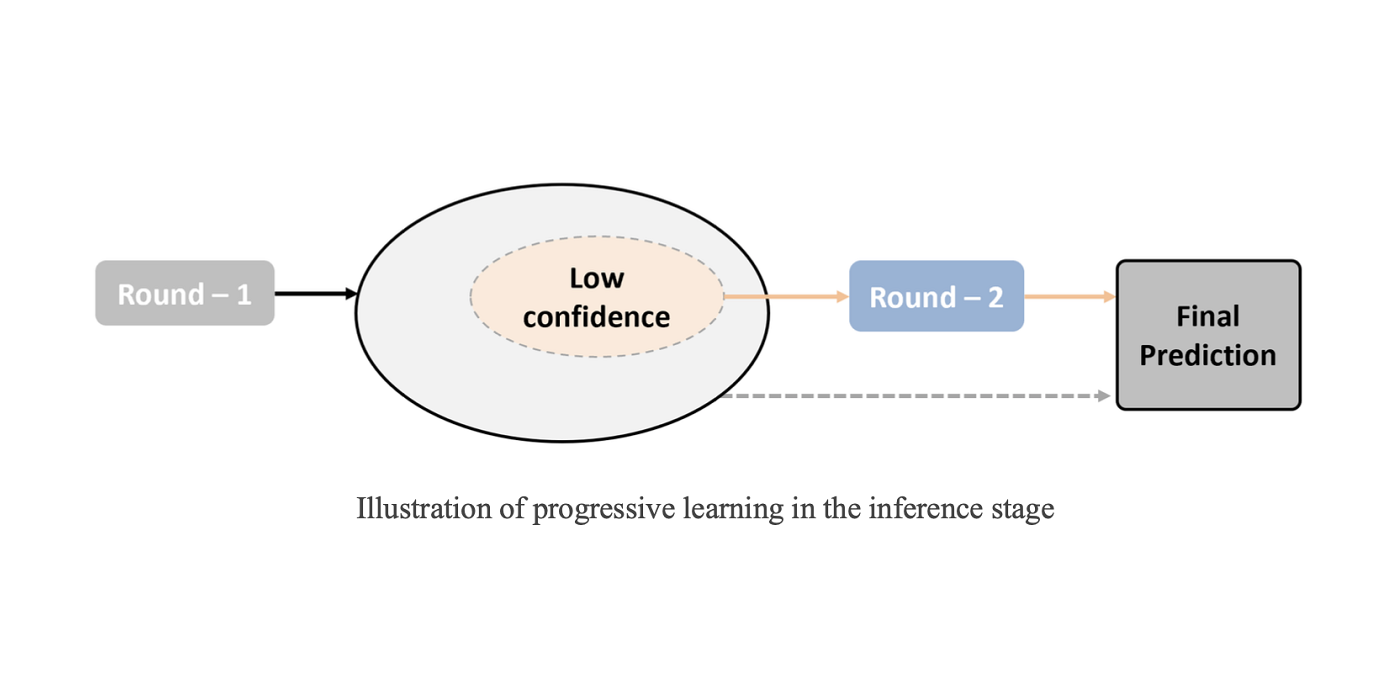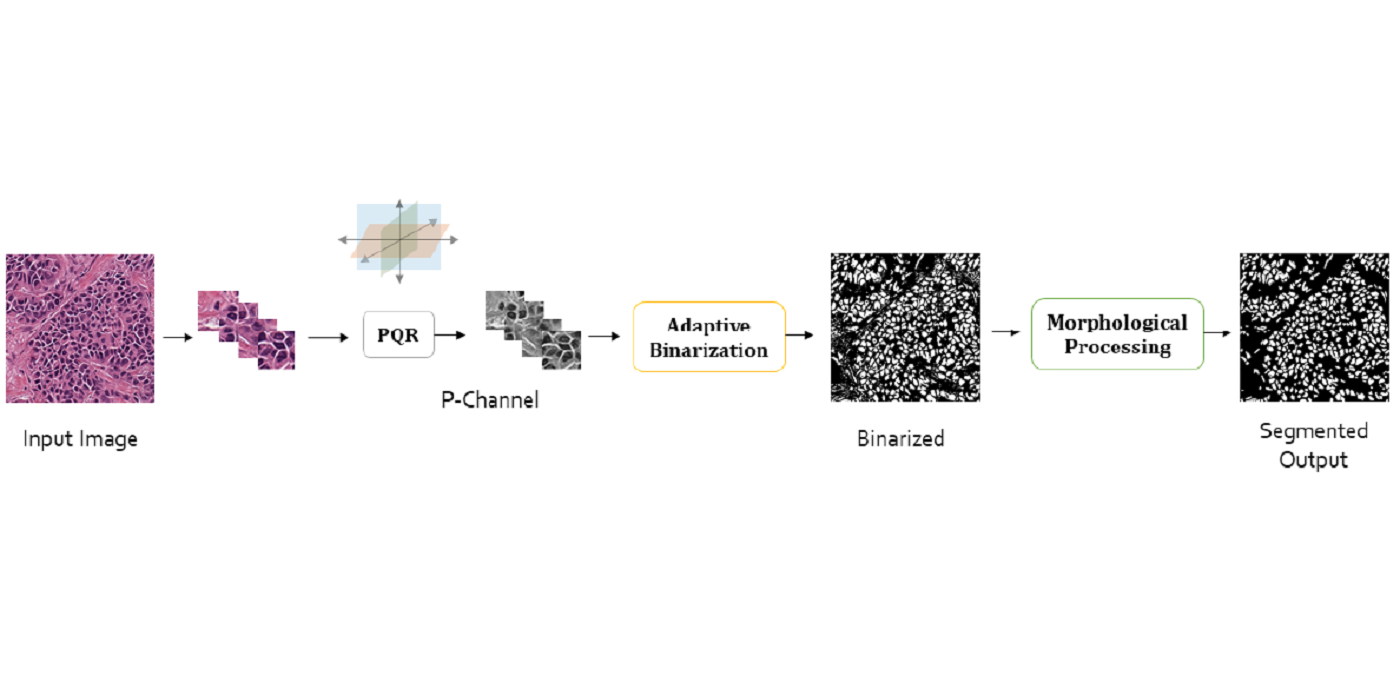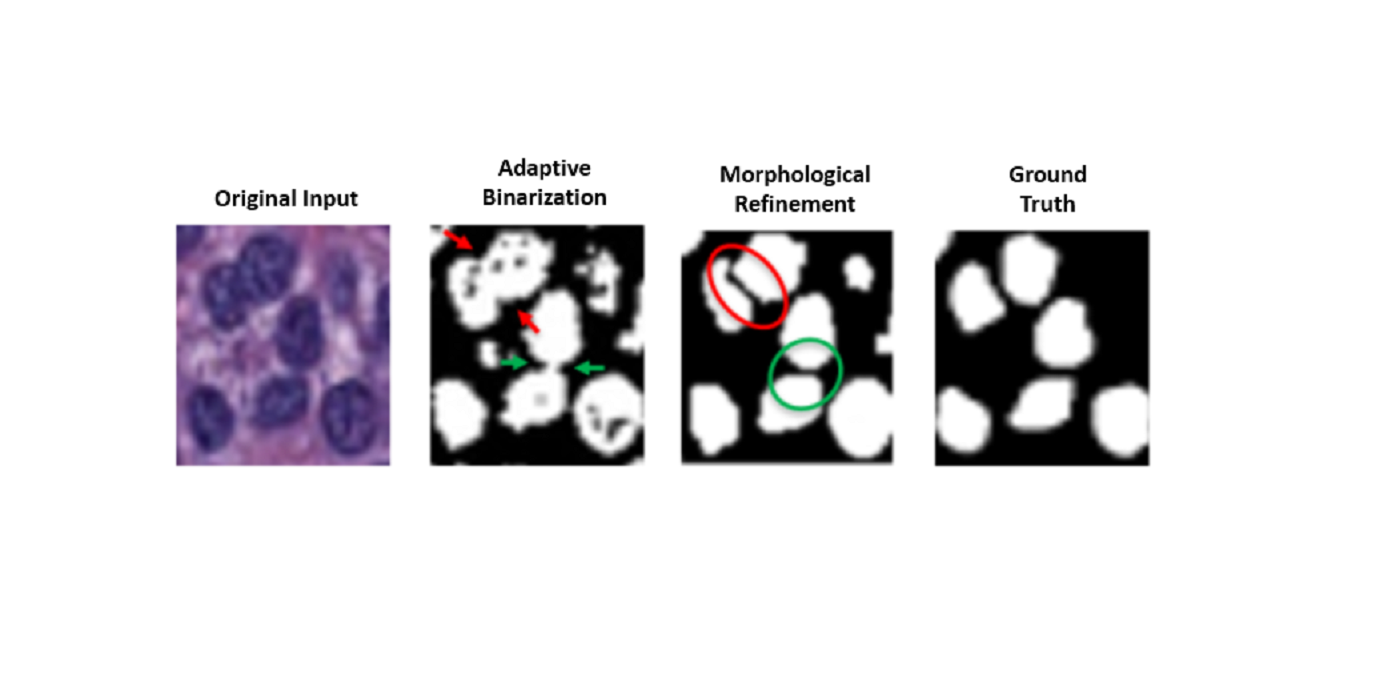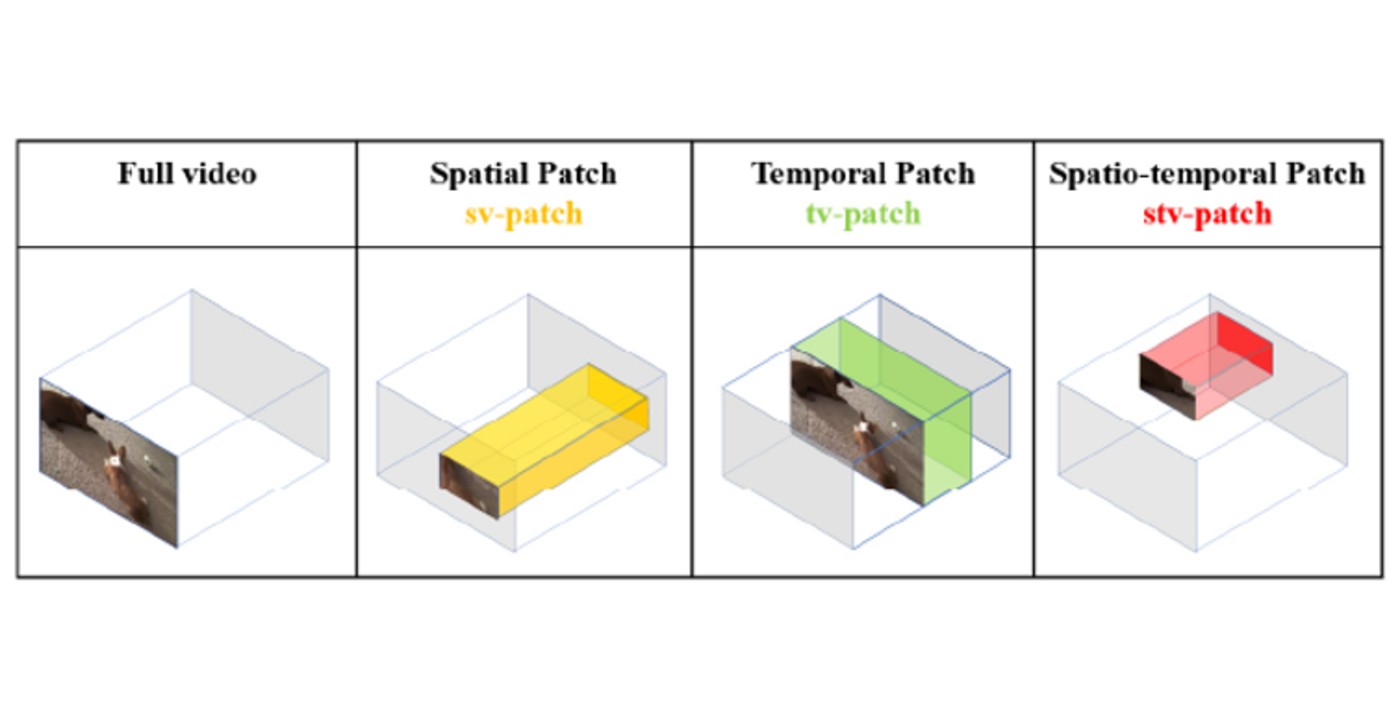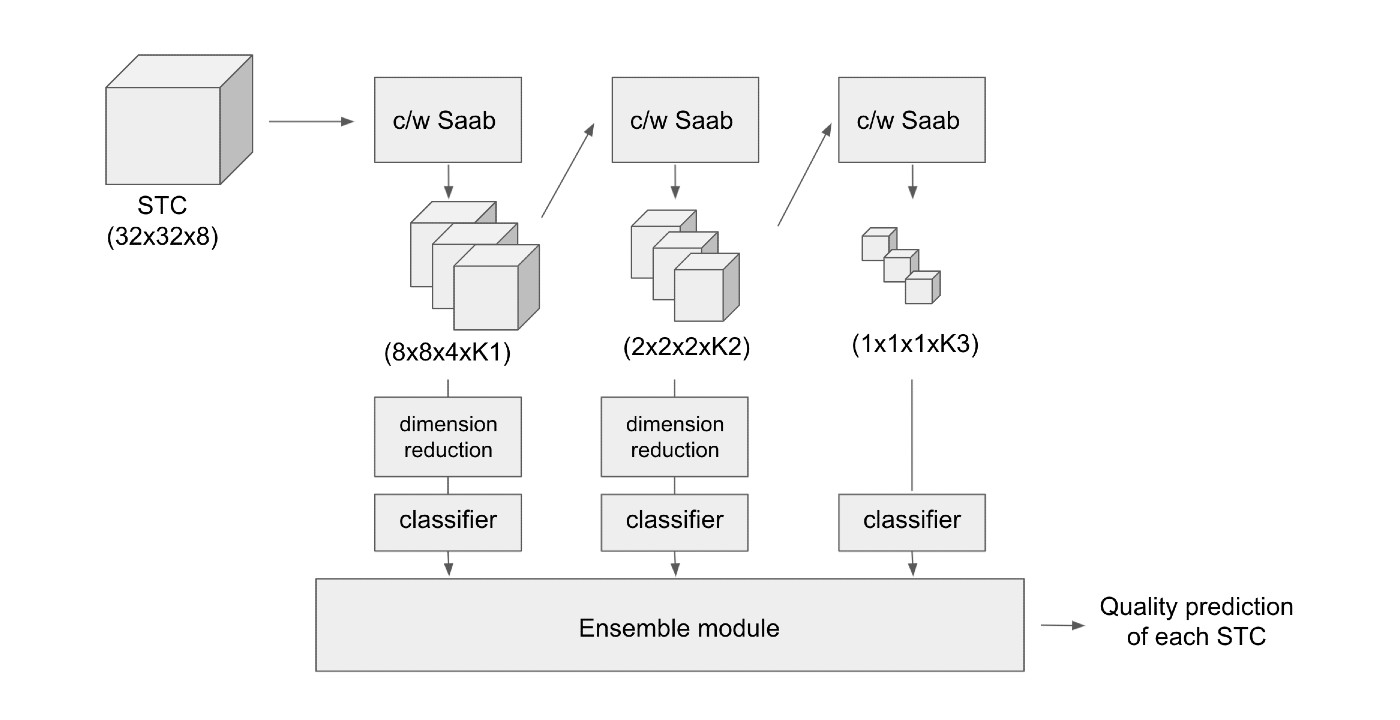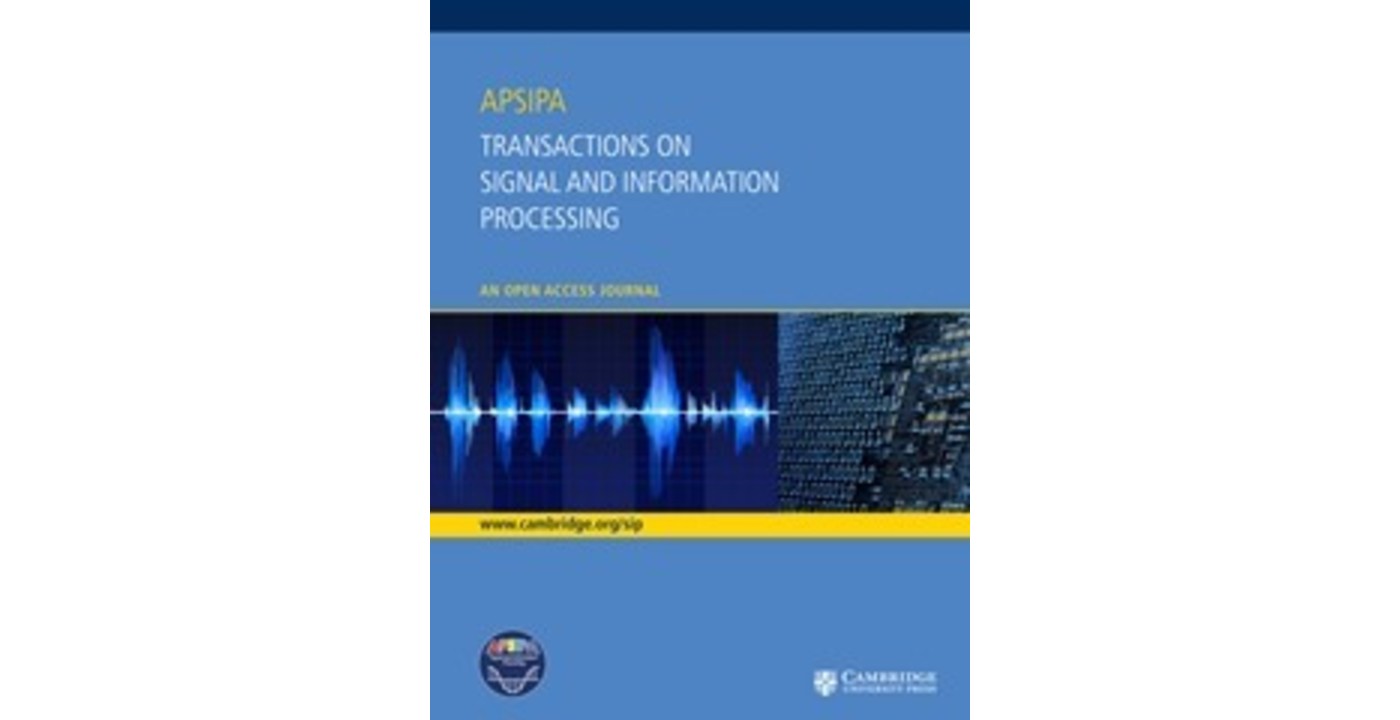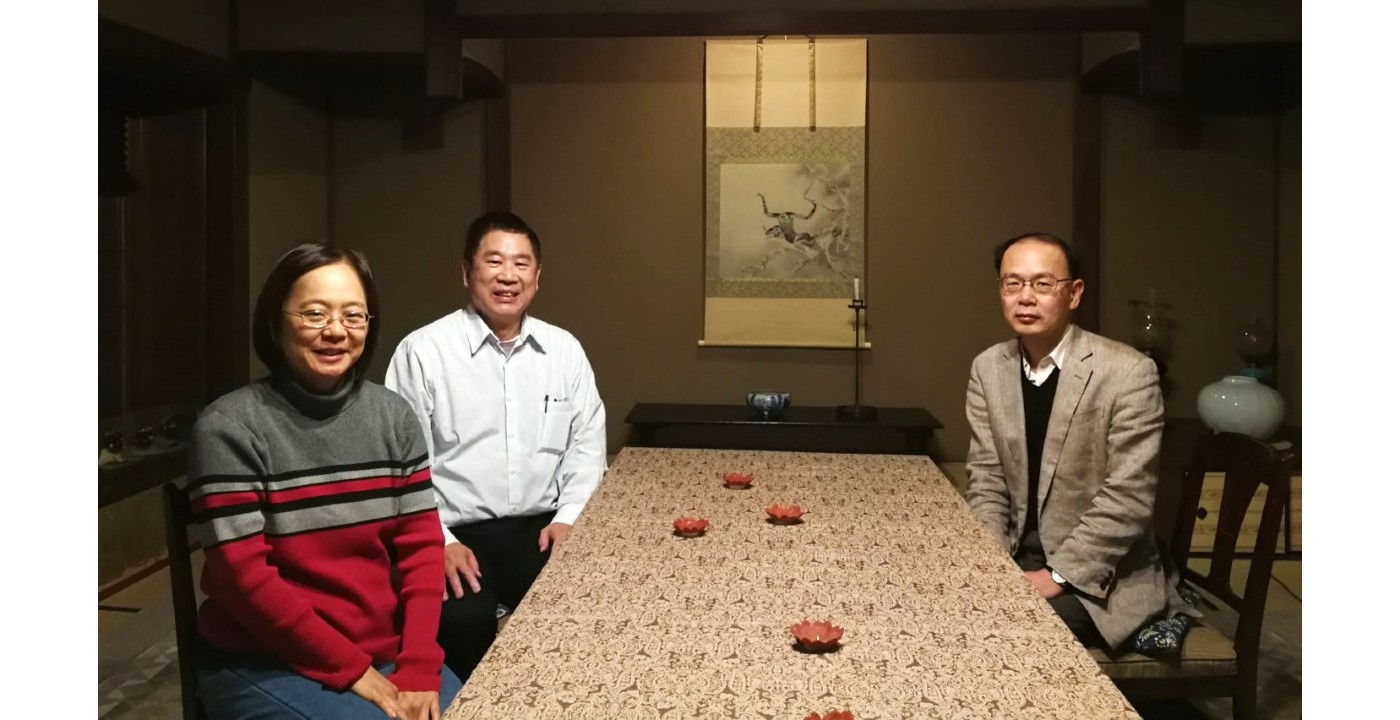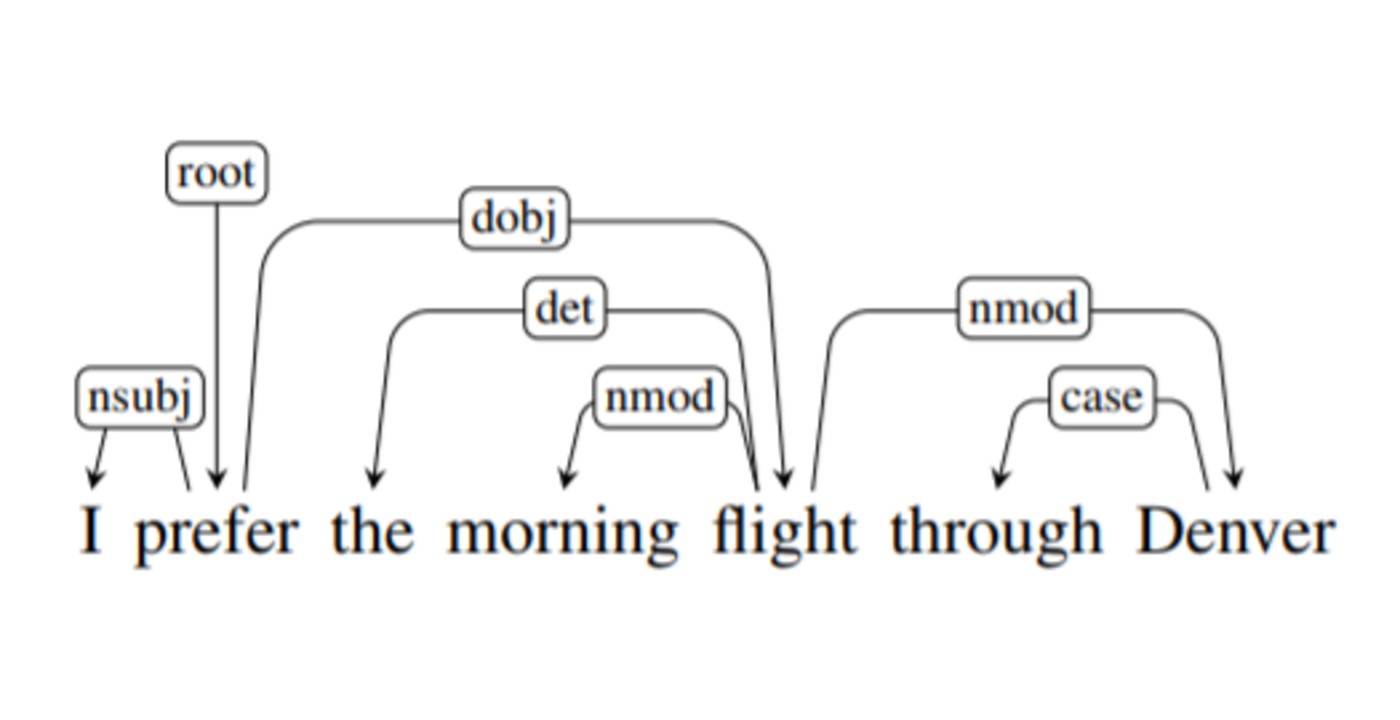MCL Research on Graph Learning
Graph-based semi-supervised learning has shown prominent performance in node classification task by exploiting the underlying manifold structure of data. Recently, an enhancement on the classical label propagation (LP) named GraphHop is proposed, which has outperformed the existing graph convolutional networks (GCNs) on various networks. Although the superior performance in GraphHop model is explained in the view of smoothening both node attribute and label signals, its mechanisms are still not fundamentally clear.
In this work, we develop deeper insights into the the GraphHop model from the point of regularization framework. We show that GraphHop model can be cast into an iterative approximated optimization of a particular regularization function on graphs. Then, based on this variational interpretation, we propose two approaches to address the limits in the GraphHop model due to the approximated optimization process. In particular, these are 1) additional aggregations in optimizing the label embeddings; 2) adaptively selecting of the reliable unlabeled samples for the classifier training. Experiments show that equipped with these two improvements, our model called GraphHop++ is able to gain significantly better performance than the former GraphHop model, in addition to the state-of-the-art methods on various benchmark networks with limited label rates.
— By Tian Xie



